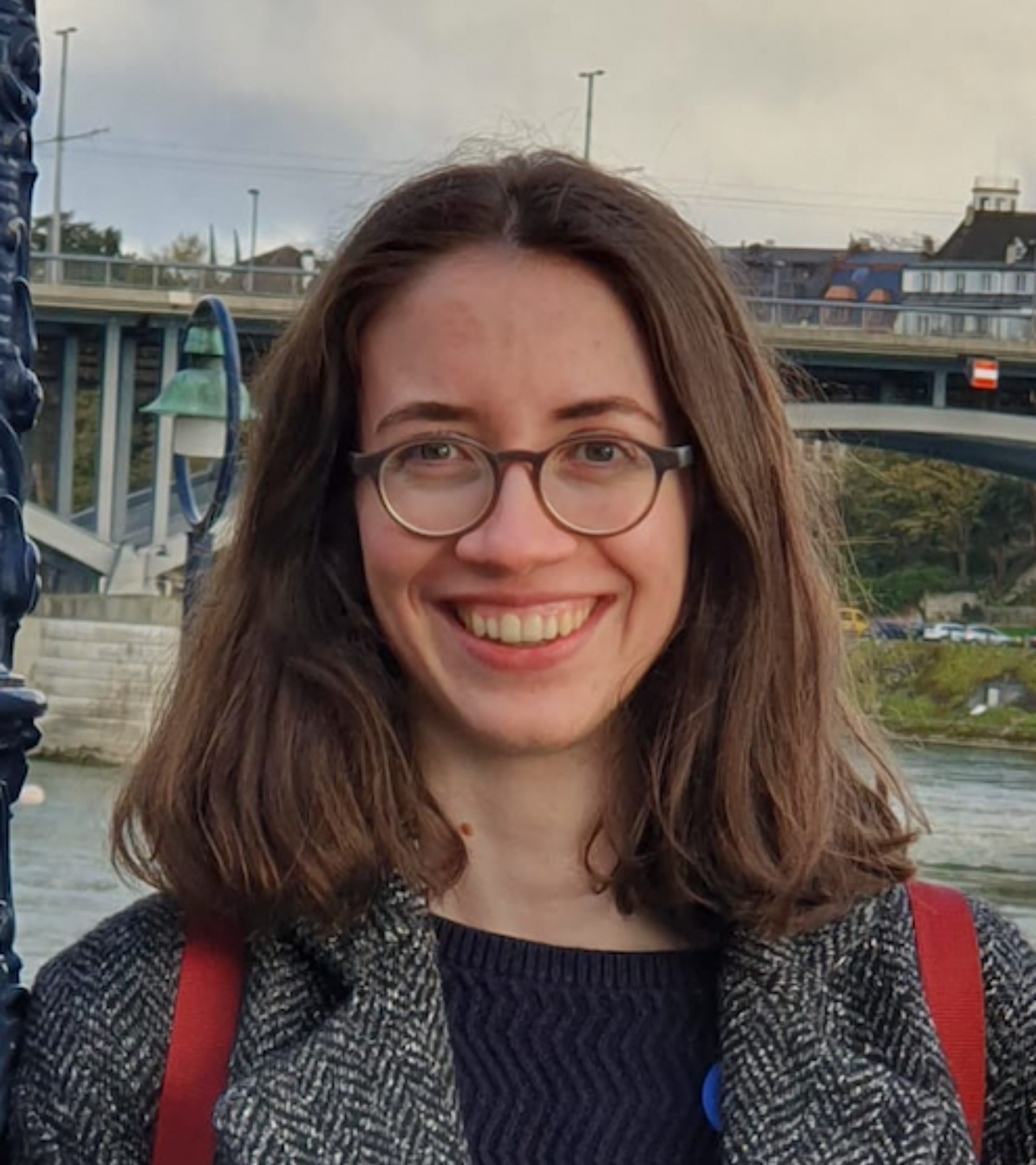

Portrait
Ann-Sophie Bosshard (she/her) is a doctoral assistant at the Chair of Prof. Dr. Isabel Karremann.
She has completed her BA in German literature/linguistics, history, and English literature/linguistics at the University of Zurich (with additional courses in Bern and Basel) and her MA in German literature/linguistics and English literature/linguistics at the University of Zurich and the University of Tübingen. She is currently enrolled in the teaching diploma programme at the University of Zurich and is working on her PhD project – entitled Travel-Scapes: Mobility, Community, and the Ethics of Emplacement in Early Modern Drama – within the framework of Isabel Karremann's DramaSCAPEs-project.
Ann-Sophie Bosshard is part of the Early Modern Team at the ES.
PhD Project
Travel-Scapes: Mobility, Community, and the Ethics of Emplacement in Early Modern Drama
This dissertation project investigates how representations of mobility on the early modern stage forged affective and cognitive communities, and how such communities responded to mobile people, objects, and ideas in ethical terms. The project focuses on a diverse selection of playtexts from the period between the 1580s and 1642 that stage phenomena like travel and migration, displacement and emplacement, infrastructures, and networks. Several overarching research questions guide the reading of these playtexts:
- What challenges and opportunities are negotiated in the plays when communities encounter mobile agents or become mobile themselves?
- How do the plays thereby affectively and cognitively address their audiences and what ethical, communal responses do they invoke?
- How do these considerations shape our critical understanding of such affective and cognitive communities in an age of mobility?
To address these questions, the project draws on different strands of recent scholarship, such as mobility studies, early modern performance studies, theatre history, historical disability studies, and Blue Humanities. As the plays stage how communities in playworlds respond to challenges of mobility in ethical terms, they in turn offer affective and cognitive models for the audiences’ own responses to these challenges in the playhouse and beyond. By exploring such communal, ethical responses to social changes resulting from mobility, the project addresses concerns that were as pertinent in the early modern period as they are today.
Research Interests
- Early Modern Drama
- Performance Studies
- Theatre History
- Cultural Geography
- Mobility Studies
- Ecocriticism & Blue Humanities
- Disability Studies
- Affect Studies